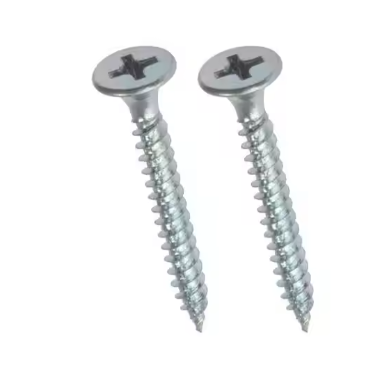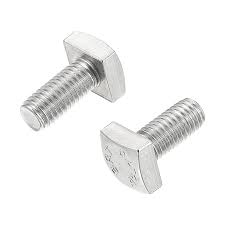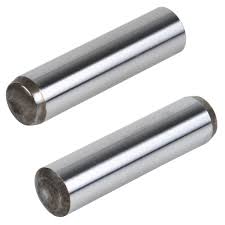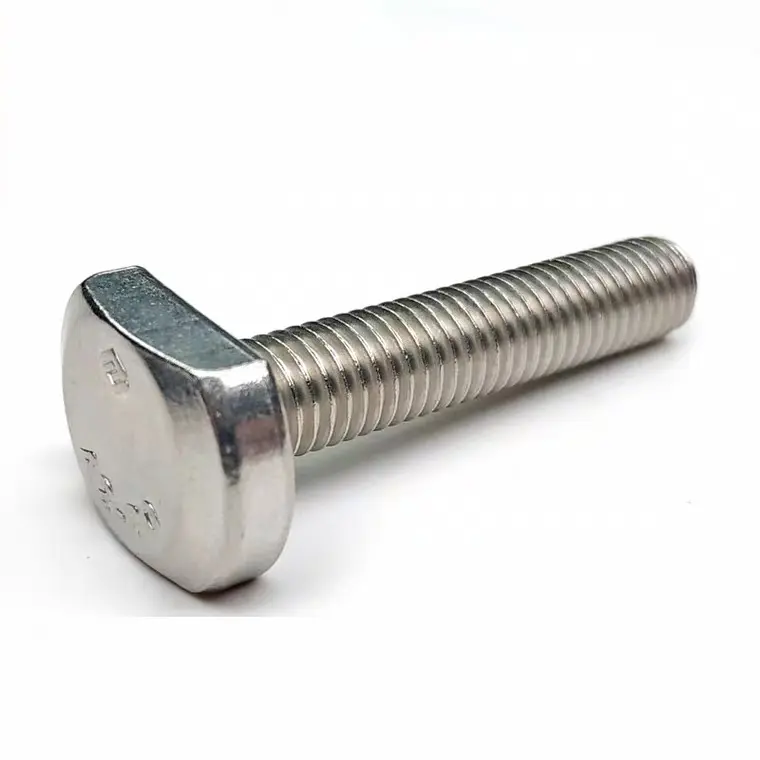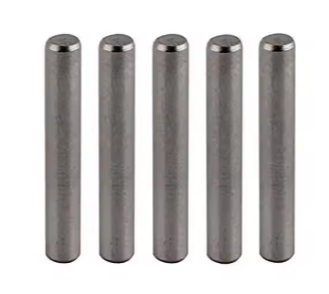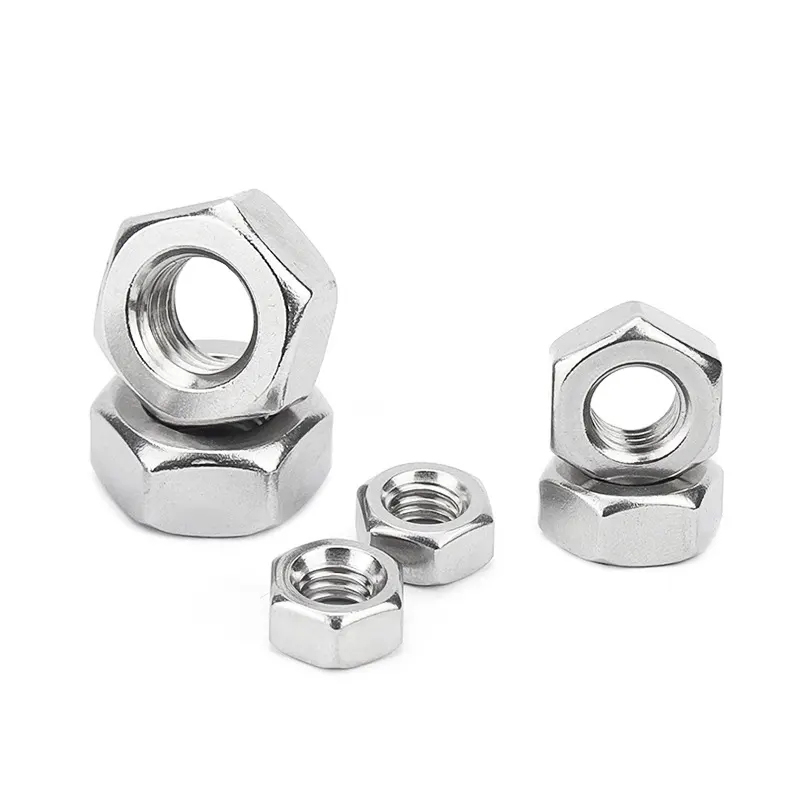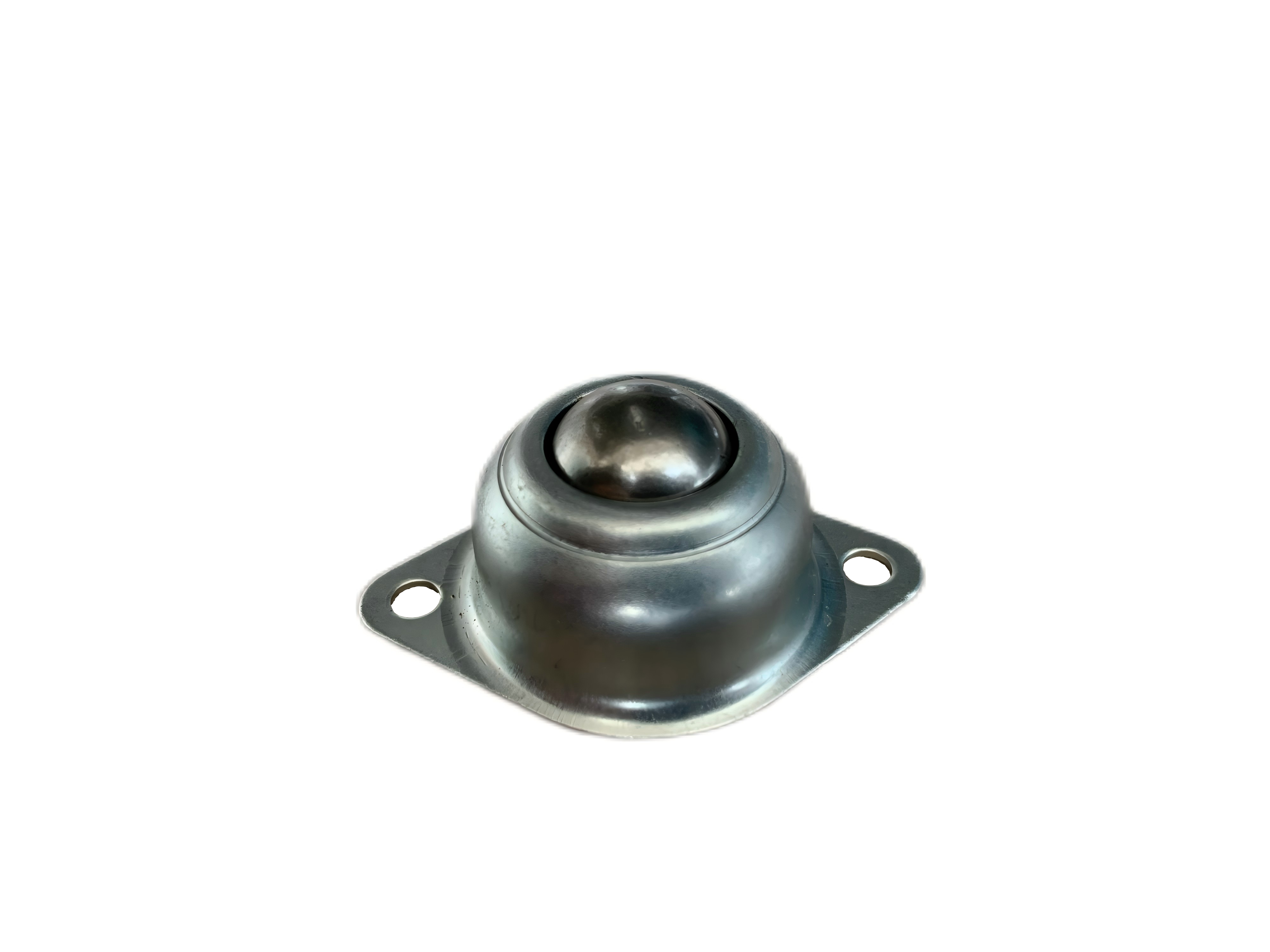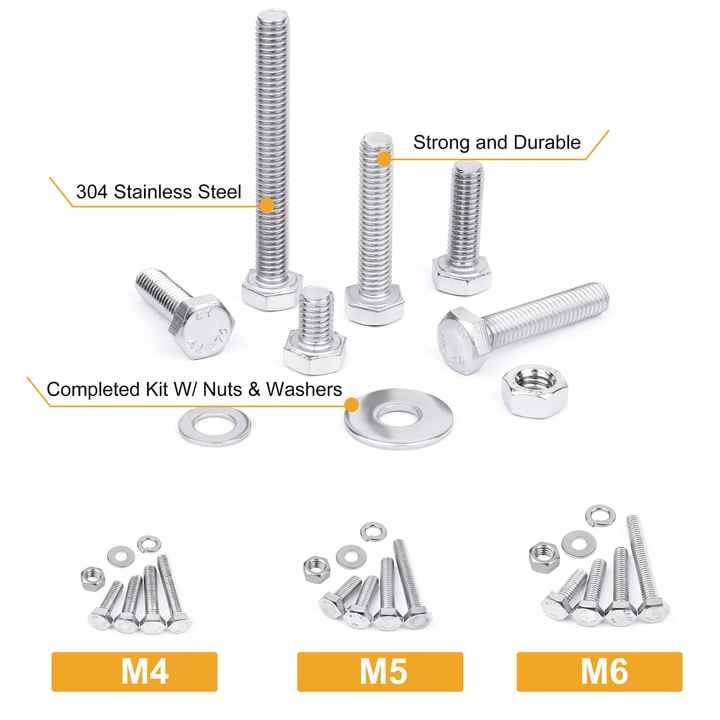

Buy Nutserts: A Comprehensive Guide for ProfessionalsThis guide provides a detailed overview of nutserts, their applications, installation methods, and selection criteria. Learn how to choose the right nutsert for your project and ensure a secure, reliable fastening solution. We cover various types, sizes, and materials, offering practical advice for both experienced and novice users.
Choosing the right nutsert can significantly impact the strength and longevity of your project. This comprehensive guide will walk you through everything you need to know before you buy nutserts, ensuring you make an informed decision that meets your specific needs. We'll cover various types, materials, installation techniques, and selection criteria to help you find the perfect nutsert for your application.
Nutserts, also known as rivet nuts or self-clinching fasteners, are internally threaded inserts installed into a pre-drilled hole. They provide strong, reusable threaded connections in thin materials where traditional nuts and bolts are impractical. Several types are available, each with unique characteristics:
Nutserts are available in various materials, including:
Selecting the appropriate nutsert depends on several factors:
The thickness of the material you're working with determines the appropriate nutsert length and type. Refer to manufacturer specifications for minimum material thickness recommendations. Always check the manufacturer's data sheet before choosing a nutsert to ensure compatibility. Too short a nutsert will fail, while too long a nutsert might cause damage to the material.
Ensure that the nutsert thread size matches the thread size of your screw or bolt. Common thread types include metric and unified inch threads. Select the type that is compatible with your other components.
The material of your nutsert should be compatible with the material being fastened and the anticipated load conditions. Stainless steel is typically preferred for high-strength and corrosive environments.
Nutserts are typically installed using a specialized tool, often a manual or pneumatic setting tool. The tool deforms the nutsert body, securely clinching it into the material.
Always follow the manufacturer's instructions for proper installation. Incorrect installation can lead to failure. Detailed installation instructions are often provided with each purchase of nutserts.
High-quality nutserts are available from various suppliers. For a reliable source of premium fasteners, consider Hebei Dewell Metal Products Co., LTD, a leading manufacturer offering a wide selection of nutserts in various materials, sizes, and thread types. They provide excellent quality and competitive pricing. You can easily find the right nutsert to meet your project's demands.
Selecting and installing the correct nutsert is crucial for ensuring a strong, reliable, and long-lasting fastening solution. By understanding the different types, materials, and installation techniques, you can choose the best nutsert for your specific needs, improving the efficiency and quality of your project.
| Material | Strength | Corrosion Resistance |
|---|---|---|
| Steel | High | Moderate |
| Stainless Steel | High | Excellent |
| Aluminum | Moderate | Good |
Disclaimer: This information is for general guidance only and does not constitute professional advice. Always consult the manufacturer's specifications and instructions before using any nutserts.

